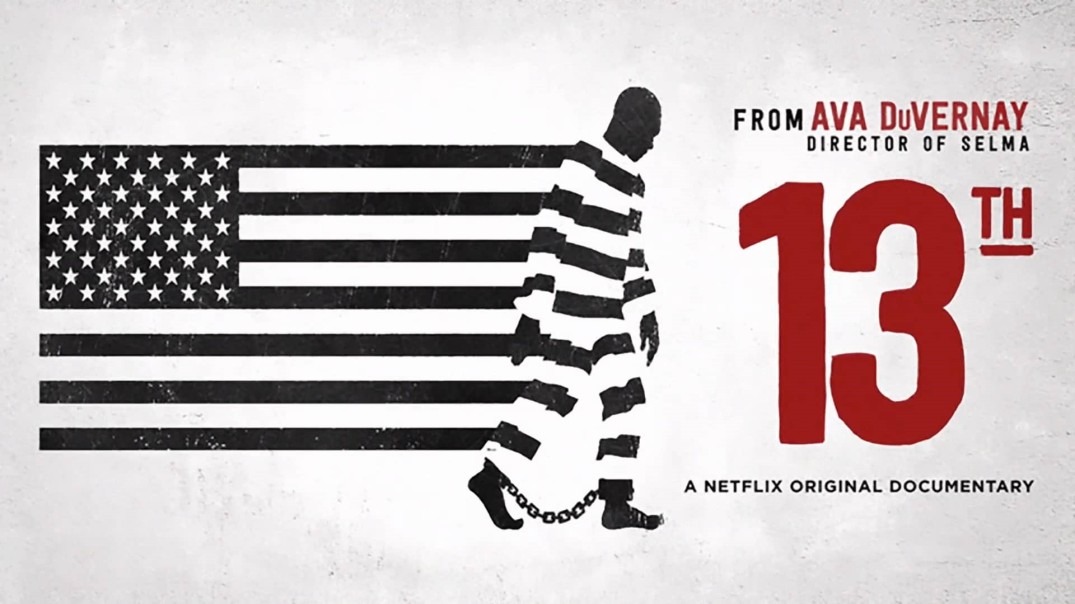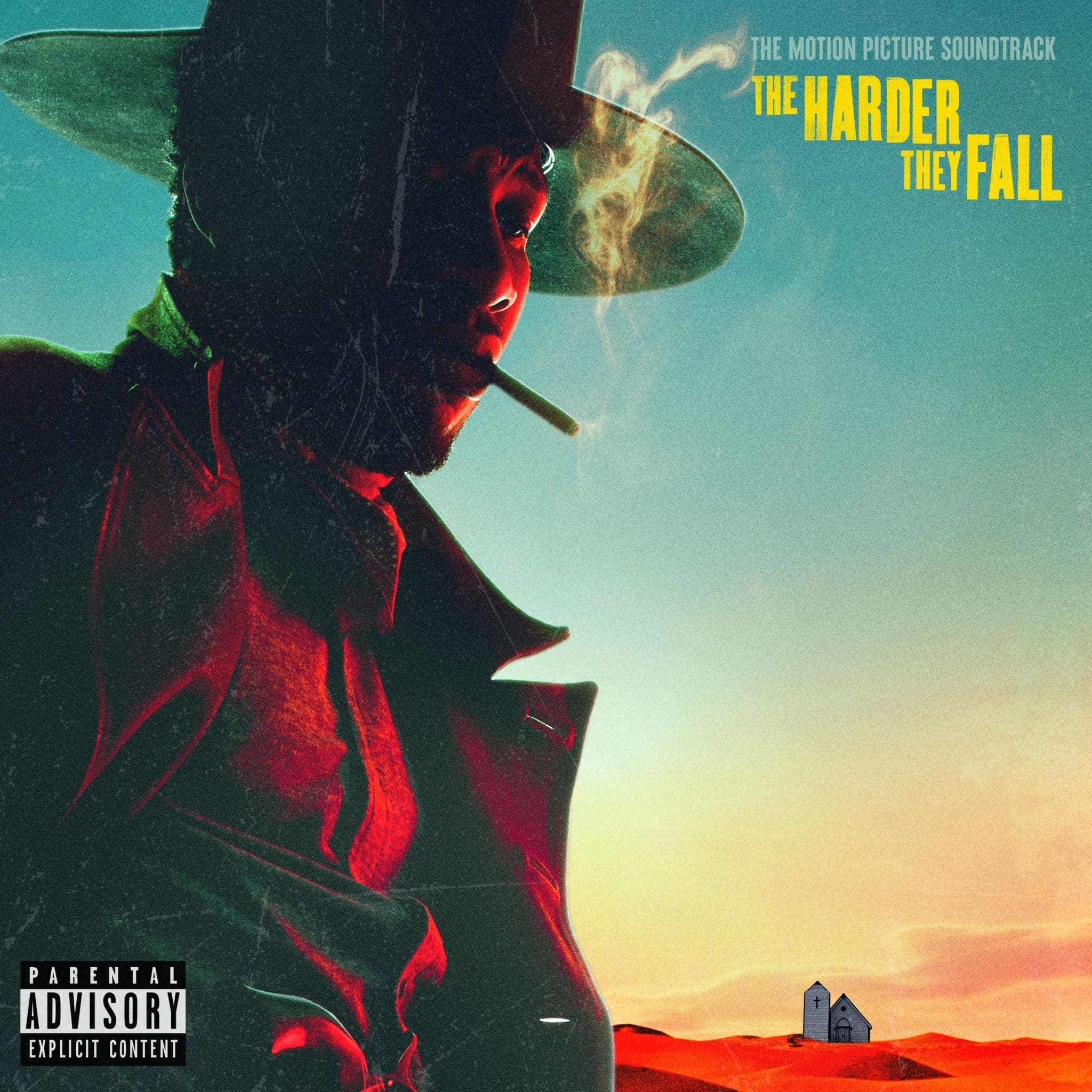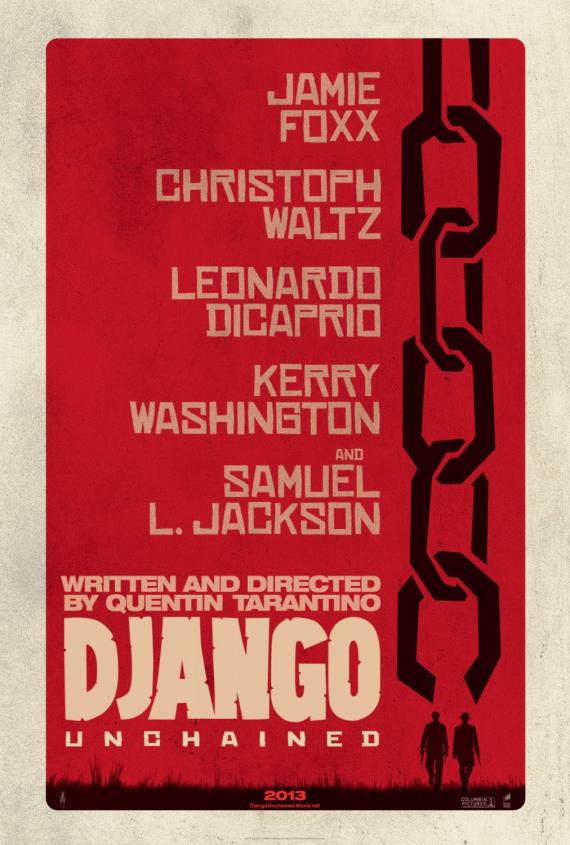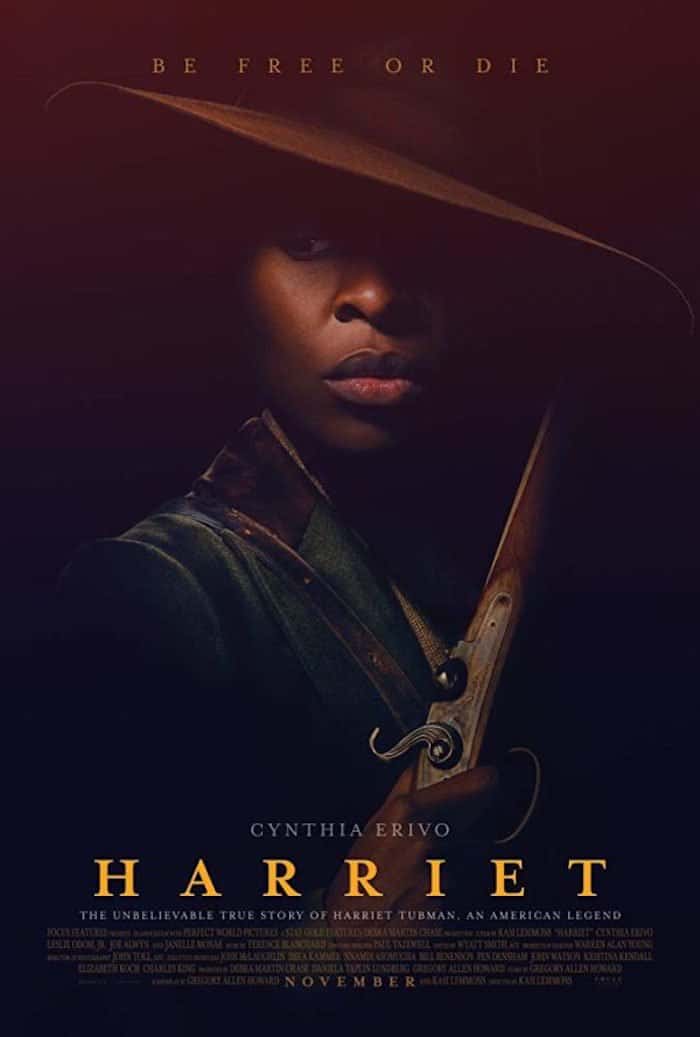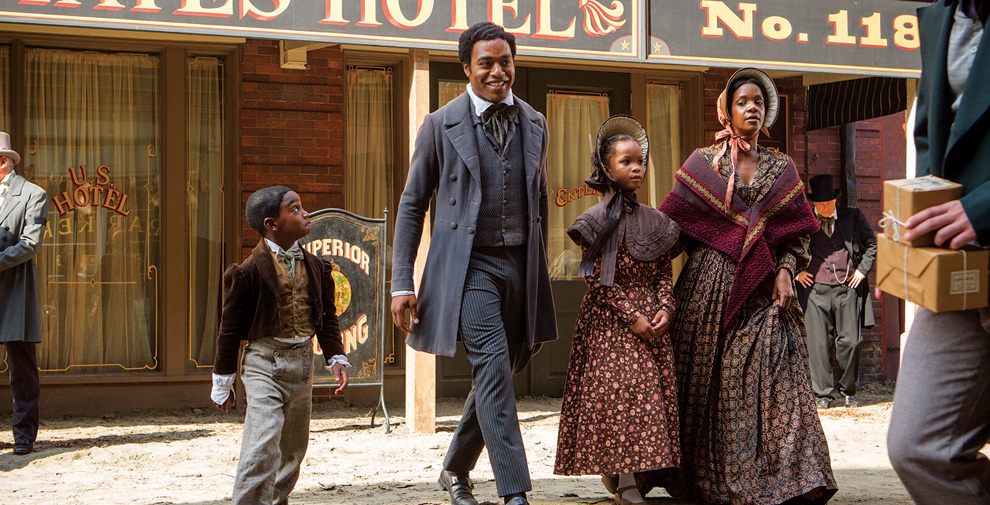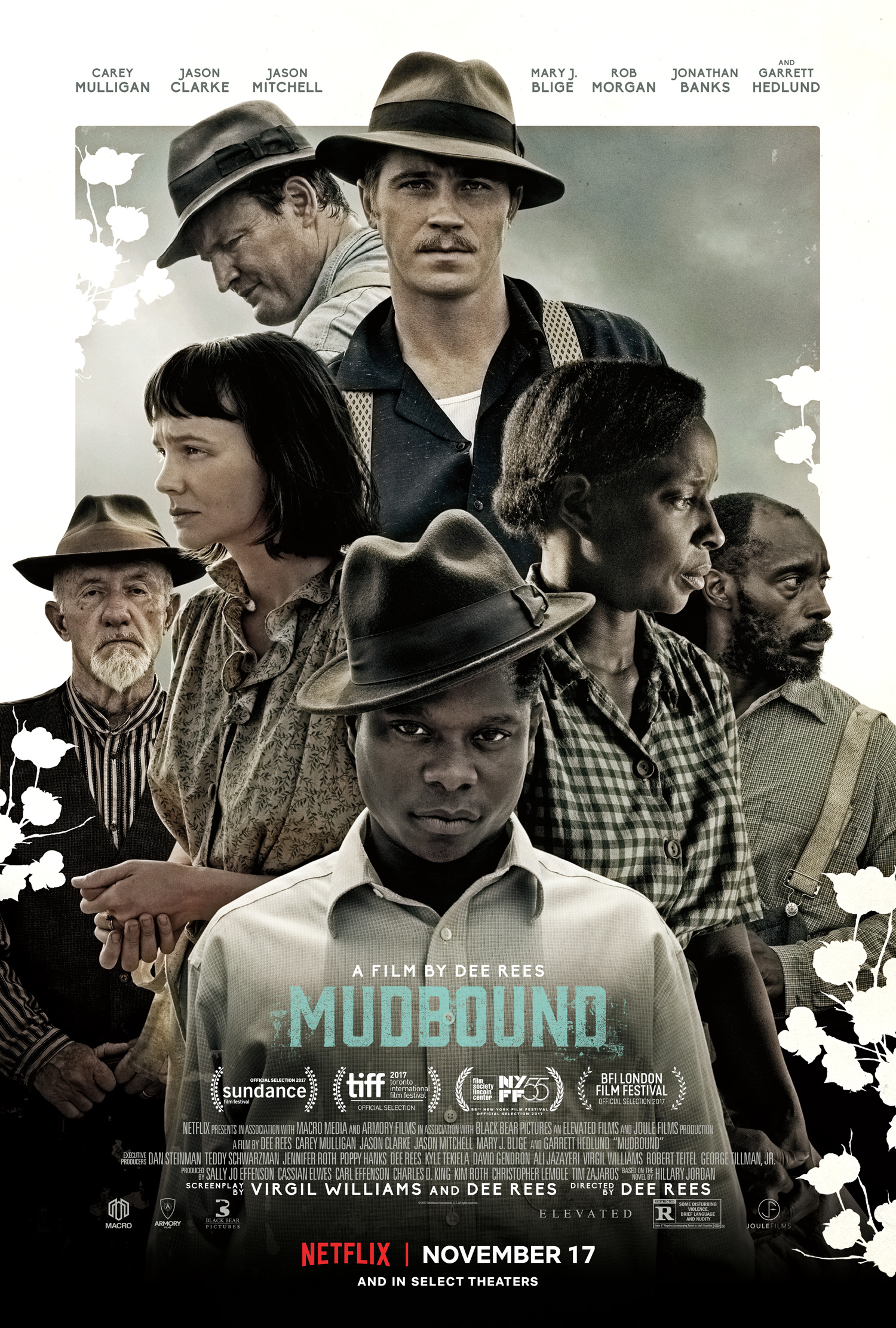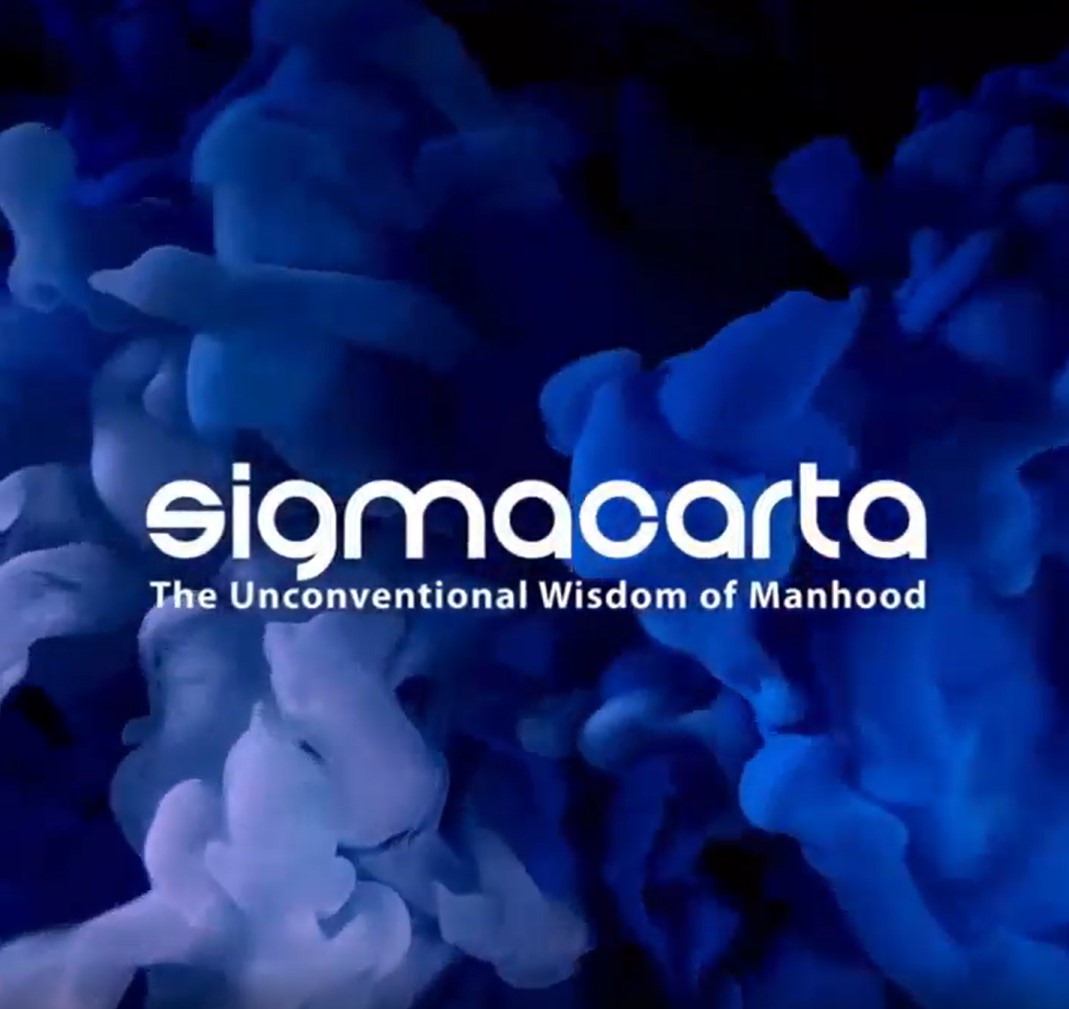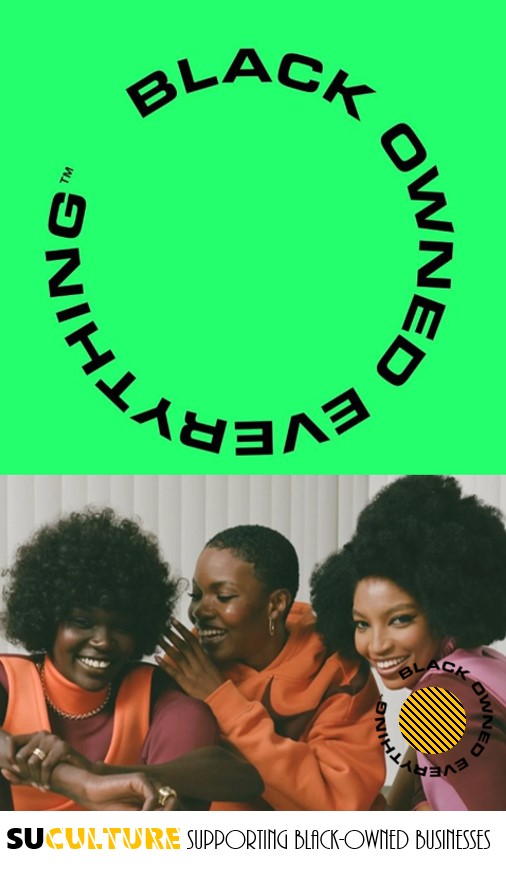-
AuthorPosts
-
-
7 Must-See Movies on Netflix
about the African-American
Experience:
Historically the difficulty when making a movie, where issues of endemic and far-reaching social, systemic injustices are tackled, is that the scope of the movie may not provide sufficient clarity, may perpetuate a rhetoric or may become vexatious.
Films are powerful tools, and how we understand history; if in the wrong hands may be utilised to perpetuate dehumanising and false stereotypes.
The late Chadwick Boseman (RIP) was known to decline films which were used to perpetuate harmful or outdated Black stereotypes.
The underlisted films provide an eye-opening experience in understanding the complex relationship of African Americans in the United States of America.
For more on Netflix, click on the below/associated images;
13th
Ava DuVernay’s careful examination and research, of the criminalization of African Americans, blends a timeline of history into a single focused argument.
Highlighted by years of media frustration, DuVernay’s documentary “13TH” has the edge of a flawless argument. The film studies the trajectories of the criminalization of African Americans from the end of the Civil War, to current times, reviewing a broken prison system, giving a pattern of systemic institutionalized racial bias with very measured scrutiny.
DuVernay elucidates historical facts into a galling arrangement of statistics and clear accounts for what is the evolution of racial prejudice in the United States, from D.W. Griffith’s “The Birth of a Nation”, to the war on drugs – consolidating nearly 150 years of American history to illustrate how the United States’ contemporary/present complications with race didn’t happen overnight.
The title of the documentary comes from the 13th amendment, which has been celebrated for abolishing serfdom, notwithstanding an ignored loophole that initiated over a century of tyranny and persecution. By permitting the use of convicted criminals as forced labor, the amendment enabled the systemic imprisonment of newly freed enslaved Africans on minor charges — and, following that, heightened the perception of black criminality that endures and reverberates today.
The ‘13th’ is not just the only numerical component that inspires DuVernay’s reseearch. DuVernay’s statistics, documents the dramatic rise of African American incarcerations, from approximately 510,000 in the 1970’s to about 2.35 million presently.
“13TH‘s” research, unfortunately, reflects deep and systemic cultural observations underpinning the American society today. DuVernay discovers that the “fear of the black body” is reflected through several eras – from the immediate ending of the American Civil War to the 21st century.
In “13TH” DuVernay is effective in assessing the leverage of organised prejudice that still haunts perceptions of black identity in the 21st century.
The Harder They Fall
The Western film genre is unique, easily recognisable, and particular to a time and environment in American history.
The cinema helped immortalize the cowboy, but this has not been without the criticism of the genre’s colorblind casting with “historical inaccuracy”, and the need for reverence to source material.
Inspired by the real-life stories of African-American cowboys, “The Harder They Fall” seems determined to correct the record and century-old Hollywood practice of reassigning Black characters, and effectively erasing real-life African American cowboys, lawmen, and outlaws (men and women) of the 19th century Old Wild West.
Records and research estimate a sizeable amount; over a quarter of the era’s cowboys were of African American heritage, and were part of the westward expansion that followed the American Civil War.
The opening of the movie reminds us of this fact, portraying legendary lawman Bass Reeves; Bill Pickett, a real-life cowboy, known as the father of bull-riding, and inventing the competitive steer wrestling – bulldogging; Nat Love; Jim Beckwourth; Cherokee Bill; Stagecoach Mary (or Mary Fields) and Rufus Buck.
Demystifying the myth, The Harder They Fall reclaims an archaic American tradition – the ‘Black Cowboy Culture’, and presents a strong case for historical accuracy in the 21st Century.
Django Unchained
Set in 1858 in the antebellum American South, “Django Unchained” generates the uncomfortable dialogue on America’s original sin, and shifts our gaze back to history; helping a twenty-first-century audience imagine the experiences of 19th century America.
Django Unchained is not only a ruthless, romantic epic, but an intelligent provocative exercise in postmodern revisionism, reinterpreting the historical account of the African American experience.
Harriet
Harriet captures the noble and intense odyssey of an abolitionist heroine, detailing a profound sense of the complex world that African Americans had to navigate prior to the American Civil War.
Harriet, puts a focus and prioritises the female perspective on a very turbulent and brutal episode in American history; putting the spotlight on Tubman, and challenges a multifold of previously glaring omissions in cinematic depictions of the African American experience, and likewise, shifting long-held conventional thoughts, and beliefs.
History, heroism and a keen sense of leadership are the makings of this stirring and profound depiction of the courage, tenacity and endurance of Harriet Tubman, the Spartacus of the American south.
12 years a slave
The hideous, albeit unacknowledged history in the chronicle and fortunes of western hegemony and prosperity, is Steve McQueen’s thrilling depiction here.
Specifically, it is a system that thrived in 16th to 19th century Europe, and America.
From the true-story and 1853 memoir by Solomon Northup, the 12 Years a Slave epic is adapted by African American novelist and screenwriter John Ridley; depicting Northup‘s experience of being unwittingly misled in Washington DC by acquaintances, induced with drugs, chained, abducted and sold into enforced serfdom.
McQueen‘s epic provides much required perspective and clarity, and a shift from the tactful diplomatic hush and hollywood’s traditional apolitical, ahistorical reticence on a delicate and touchy subject.
Mudbound
In pre and post World War II Mississippi, two families from very distinct backgrounds, and experiences, are faced with the cruel realities of old bigoted attitudes, rural-agricultural sustenance, survival and friendship in Jim Crow America.
Mudbound is a deeply sensitive, uncompromising and in-depth exploration of the interactions between people, and circumstance. The conflicts between father and son. Between the old guard and the younger, newer guard. It portrays a hard and difficult existence in mid/late 1940’s post-war America.
The Birth of a Nation.
Almost a century on, following D.W. Griffith’s zealous, and bigoted tour-de-force, the powerfully confrontational account of Nat Turner’s life, by Nate Parker, depicts the 1831 uprising resulting in the death of over 260 individuals, and which, ultimately, served as a catalyst for the insurrection, en route to the American Civil War almost three decades later.
The Birth of a Nation seeks to reset and reclaim a narrative, and medium, that underscores America’s peculiar history – approaching it with the unbridled honesty it deserves.
The Birth of a Nation is steeped equally in very impassioned theological turbulence, as reflected in Nat Turner grappling with his intense spiritual convictions; about his next course of action, and, employing Christian propaganda on his kinsmen, on the virtues of turning the other cheek, in the hope of quelling any revolutionary impulses.
If “12 Years a Slave” expertly curated both the merciless and systematic economic machinery of 16th to 19th American history and the collaboration of white Christians for whom the Bible was used to cajole and silence revolt, then “The Birth of a Nation” provides further insight into this unholy alliance of capitalism and religion.
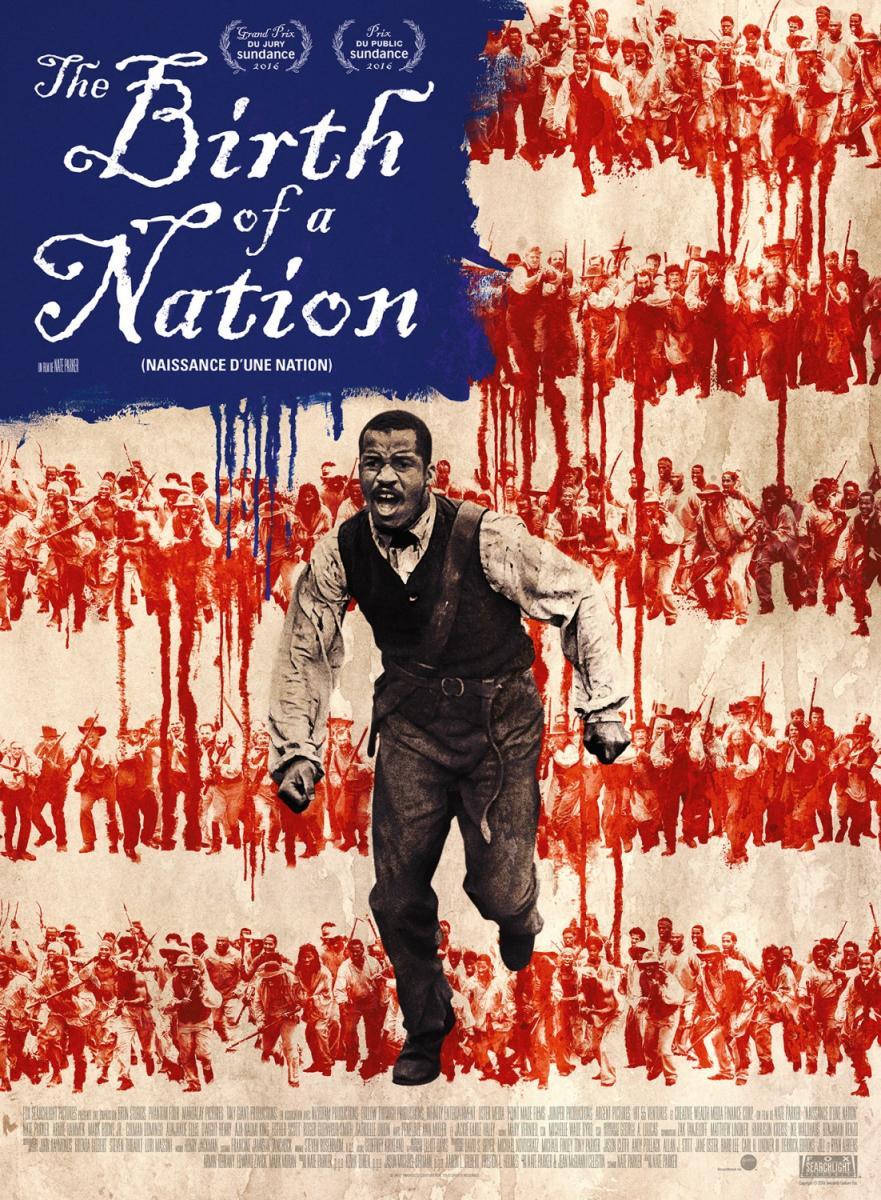
-
-
AuthorPosts
You must be logged in to reply to this topic.

